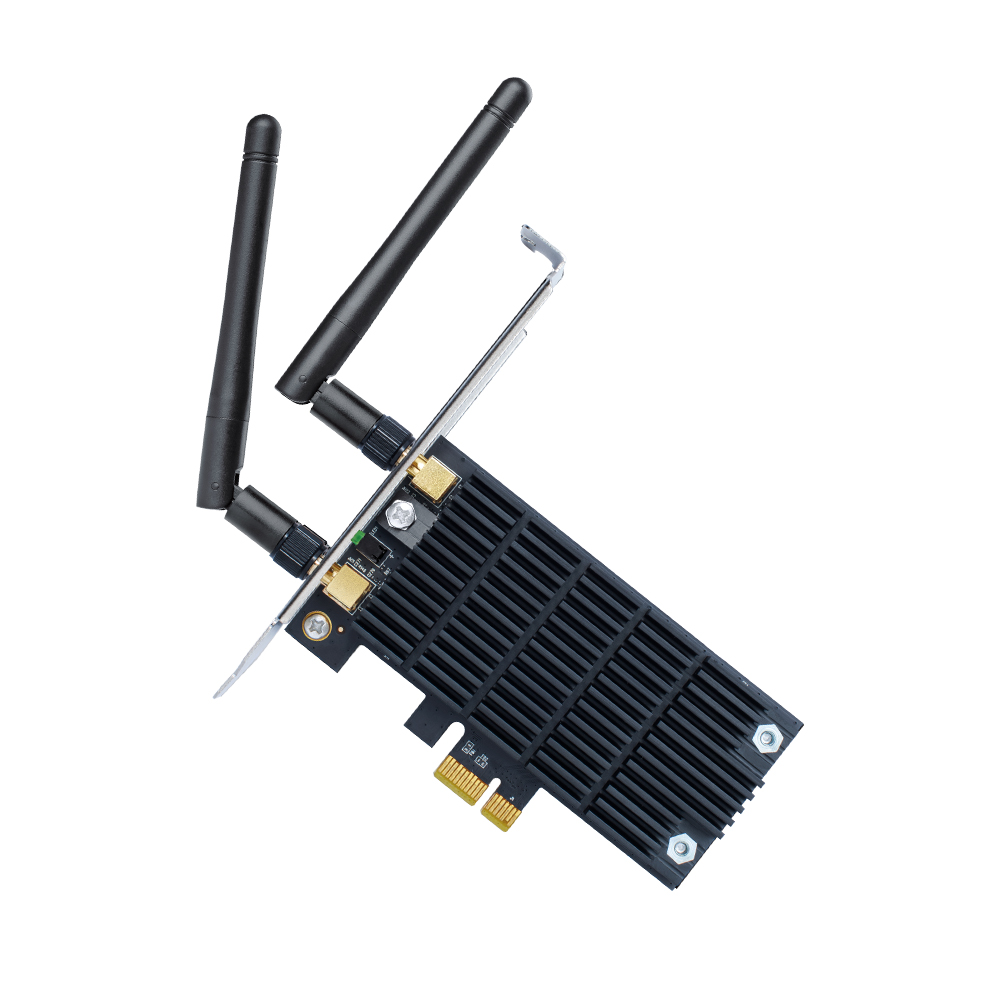Brivo Onair’s badging capability allows users to design highly customizable badges. Brivo Onair provides the option to customize the following:
- Brivo Network & Wireless Cards Driver Downloads
- Brivo Network & Wireless Cards Driver Download Windows 7
- Brivo Network & Wireless Cards Driver Download 64-bit
- Brivo Network & Wireless Cards Driver Download
- Brivo Network & Wireless Cards Driver Download Windows 10
- Turn actionable insights into data-driven decisions with Brivo Access intelligence and activity analysis.
- Once you have clicked on the mercury-manufacturing-client.jar file, the Brivo Mercury Manufacturing Client window appears. Enter your Brivo Onair User Name and Password and click Sign In. The manufacturing client will search for panels on your network. Once it has done that, it will display the IP address(es) of the panel(s) found on your network.
Brivo Onair® automates your access control solution so you don’t have to spend time managing it. Our security platform can automate every aspect of access control systems, from simple to complex.
Badge orientation
One or Two-sided
Background color and/or image
Color, font, and size of text, as well as custom text fields (first name & last name; first name; last names; Job Title)
User photos and images, and custom image objects.
Bulk badge print jobs
For more information regarding custom fields, see the section in Users and Groups on Managing Custom Fields.
Brivo Onair’s Badging application supports the following file formats for importing images:
GIF
PNG
JPEG
To print badges, either singly or in bulk, you must have a card printer connected to and operating correctly with your system. You can use images already stored on your system or use the virtually any webcam.
NOTE: Brivo does not provide support for webcams or badge printers. Please contact the individual manufacturers for assistance with installation, configuration, operation and basic troubleshooting of these items. |
WARNING: MagiCard printer drivers and printer settings The badge printer MUST have the latest drivers from Magicard. www.ultramagicard.com/technical-support is the website to acquire these drivers.If your drivers are out of date, dual sided badging will not function properly.Additionally, the badge printer must have dual sided printing enabled to print any two sided badges. If not enabled, the printer may not print properly. |
WARNING: Magicard “Colour Sure” Printer Warning If you wish to use background colors or images you must change your printer settings to support 'Colour Sure' Printing. Please go to the advanced properties of your printer and check the 'Colour Sure' Printing checkbox or call Brivo technical support for assistance. |
Brivo Network & Wireless Cards Driver Downloads
NOTE: Brivo recommends that if you are printing a two-sided badge, be absolutely certain to make sure that your printer settings are configured to print the back side of the badge in color.If set to black and white, the resolution of the print job is very poor. Some printers do not carry the settings from one print job to the next. Be sure to check any printer specific settings prior to printing a badge. |
To generate a single badge, you must perform the following steps:
Ensure that your webcam and card printer are working properly.
Associate an image with a specific user on either the New User or Edit User page. See Creating a User for more information.
Print the badge. See Managing Users for more information.
To generate a bulk job, you must perform the following steps:
Ensure that your webcam and card printer are working properly
Associate an image with a specific user on either the New User or Edit User page. See Creating a User for more information.
Create a Badge Print Job.
Print the badges. See Bulk Badge Printing for more details.
Does hosted access offer advantages over traditional panel based door access control systems? Brivo Systems, a US provider of 'hosted access' solutions, is the most prominent provider and advocate of a different approach to electronic access control. In this note, we examine Brivo and how they stack up against their traditional 'host bound' access control counterparts.
Hosted Advantages
Aside from being functionally equivalent to mainstream Access Control offerings, Brivo claims its product has several advantages over traditional 'host bound' systems:

Brivo Network & Wireless Cards Driver Download Windows 7
- Hosting eliminates the cost of the main panel/ server, and subsequently prevents IT operation and overhead costs of that equipment
- System access is possible from any internet connected PC [though note Brivo suffered service interuptions from a DNS issue [link no longer available] in May 2012]
- Data is protected in two real time redundant data centers located in Virgina and Colorado, maintains a degree of 'disaster proofing'
- Software updates are distributed system wide from the cloud, rather than being site dependent
Software Overview
While not limited to a specific number of doors or locations, Brivo says their 'sweet spot' typically is multiple sites with less than 30 doors at each location. Brivo's primary product offering is named 'ACS', and several versions and add-on functionalities are available:
- ACS 'WebService': offsite SaaS hosted solution, where edge controllers communicate with a remotely located central database
- ACS 'OnSite': similar to 'Webservice', with the exception that solution remains online only within the LAN and all information is locally stored on system controllers
- ACS 'OnSite Aparato': For larger deployments concerned about 'cloud' security but still wanting web-accessiblity of system, 'Aparato' is an appliance based version of 'WebService' intended for deployment within a end-user's LAN. Aparato is not hosted externally, but 'hosted' internally.
- OVR 'WebService': Brivo's video surveillance module is an integrated AVHS instance (covered in a previous update), permits users a cross integrated cloud-based video platform with ACS 'WebService'.
Brivo Network & Wireless Cards Driver Download 64-bit
ACS includes mainstay access control features, like antipassback support, 128 bit encryption, user-defined database fields, elevator controls support, and facility door lockdown features. Brivo is SAS70 Type II certified [link no longer available] and FIPS 201 compliant according to government regulation. 'Aparato' supports a 'Guard Tour' feature that permits system readers to be used in a 'guard clock' fashion that log the travel of supervised security patrols within a facility.
Hardware Overview
ACS5000 EDGE Controller: Brivo ACS works with a customized version of HID's EDGE controller. The Brivo EDGE unit suitable for remote administration and control of 1 door. The EDGE controller is suitable for standalone deployments, and is PoE powerable.
'IP Door Controller', or 'IPDC': The 'next generation' of door controller is the IPDC, with expanded capability of controlling up to 2 doors. Like its EDGE predecessor, the IPDC is PoE powerable.
ACS5000: Brivo's primary panel, the ACS5000 is sold in a several versions preloaded with controller boards. UL listed and FIPS 140-2 versions are available, and regardless of initial configuration the basic chassis is expandable to control up to 30 readers per enclosure.
Get Notified of Video Surveillance Breaking News
Brivo Network & Wireless Cards Driver Download
Readers: Compatible credential support is broadly based to include the following types:
- Standard 26 Bit
- Generic 34 Bit (Even or Odd Parity)
- HID Corporate 1000 (35 Bit)
- HID 37 Bit (with or without Facility Code)
- Casi-Rusco 40 Bit
Readers supporting these general format are compatible with Brivo and this list covers the majority of card credential formats used today.
Pricing
Brivo reports cost targets of $500 per door (less labor and locking hardware) and $15 per month hosting service fee per door. However, pricing for discrete hardware and hosting services is not publicly available.
Comparison
Brivo's up front costs are significantly lower than traditional systems. Anapa driver. When including the additional hardware and installation labor cost, a typical Brivo controlled opening costs around $750 - $1200 per opening, compared to $900 - $2000 per opening cost for traditional hardwired 'host bound' access controlled opening.
A cost/benefit analysis shows that for a 8 door access control system, Brivo has a lower cost of ownership until month 10 or 12. This estimate assumes that for an 8 door system, a traditional 'hardwire' system costs an additional $1200 in hardware upfront. The monthy 'hosting' fee for the same number of doors costs around $120 per month.
However, traditional systems will have their own upkeep/maintenance costs that need to be factored in as well. A traditional 'hardwired' access control system requires several components not required by a hosted Brivo system for operation. These elements include:

- Master Controller 'Headend' panel, including power supplies
- Dedicated communication cabling from door controller to 'Headend' panel
- Dedicated workstation to store the database
Brivo Network & Wireless Cards Driver Download Windows 10
These components can add several thousand dollars in cost and ongoing maintenance to a traditional 'hardwired' access control system. For a typical 8 door system, the additional cost of these components can add $75 to $150 per opening.
However, using Brivo requires the user to pay a recurring 'hosting' fee for each door, typically around $15 per month. This fee covers the cost of moving the same functions addressed by the 'Headend' panel to the cloud.
Other costs associated with Brivo are local internet connection and general network administration, however most enterprises view these as general overhead costs, since they already apply to general commercial computer networks.
Acquisition costs aside, a Brivo system provides an access control system whose 'headend' is web accessible, decentralized, backed up, and maintained with a high system 'uptime' in a professional datacenter. However, these benefits can be obtained when using a 'hardwired' system with additional costs and configuration.
The most economical choice between the two options will depend upon the IT strengths and resources of individual end users. If a customer is rather 'light' on IT resources and competency, Brivo may ultimately be a better fit despite it's higher lifetime costs. However, if a customer already has a well-developed IT infrastructure and support team in place, they will likely capture 'hosted' benefits at a lower cost.
